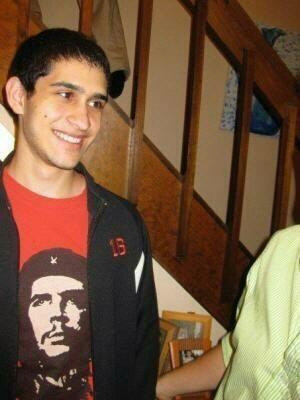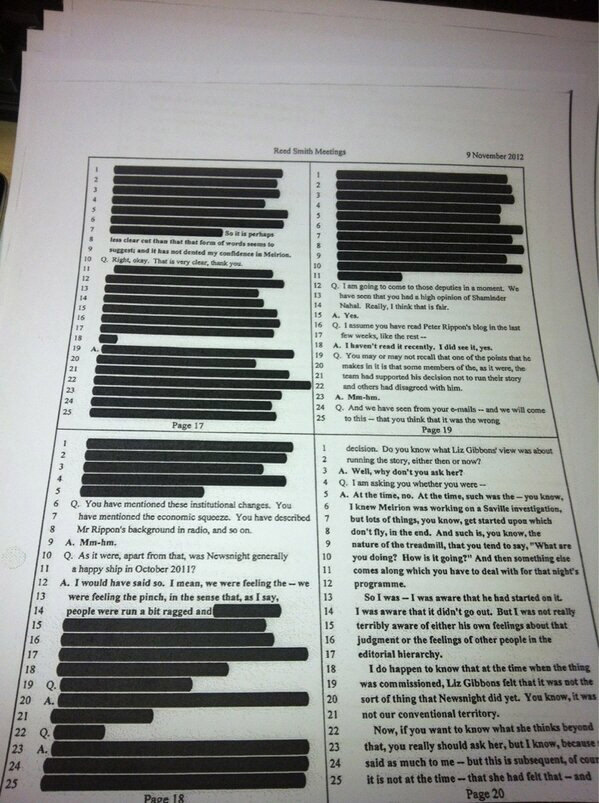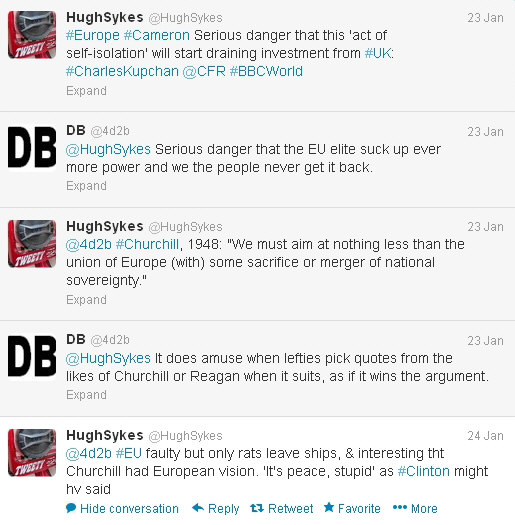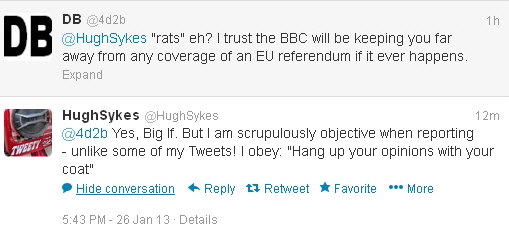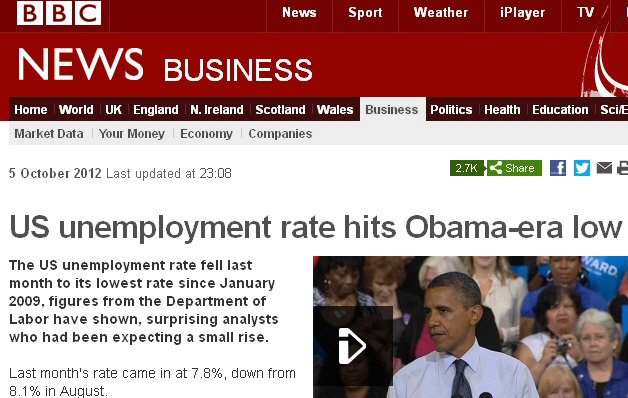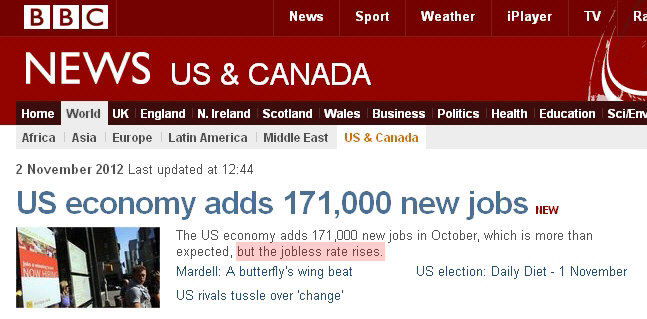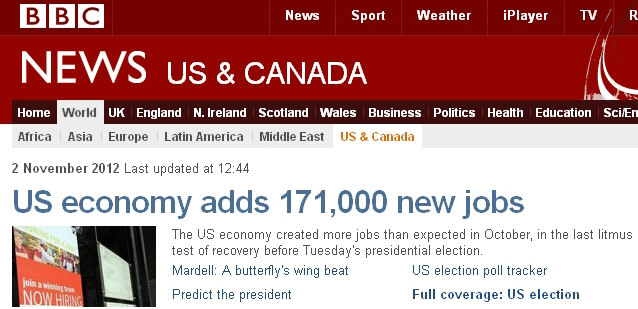On this morning’s Today programme BBC Washington correspondent Paul Adams admitted that Benghazi was a “huge issue” in the US election. Funny that, because at the time the BBC clearly thought it was a non-story, best ignored. During the final weeks of the election campaign, as more and more evidence emerged showing contradictions in official claims over what really happened and Republican politicians demanded to know the truth, the staff at the BBC’s Washington bureau decided to bury the story and reported none of the new developments.
But today Adams told us that Benghazi had after all been a big deal during the campaign, explaining that the Republicans hoped “it would undermine Barack Obama”. And there’s the reason the BBC’s pro-Obama editors and journalists ignored the story during those final weeks of the campaign – they had no desire to give any publicity to something that could help the GOP against their guy.
Today programme 16/11/2012 (approx 44.30 in)
Sarah Montague: Now David Petraeus is up before Congress today on another matter isn’t he?
Paul Adams: He certainly is and this is of rather more concern, actually, to most politicians here in Washington and that is what exactly he knew about the attack on the US consulate building and CIA annex in the Libyan city of Benghazi which resulted in the death of the American ambassador Chris Stevens and three other Americans. Now this was a huge issue that the Republicans were running with before the election in the hope that it would undermine Barack Obama. They are still pursuing it. There is a lot of anger about what the Republicans regard as essentially a cover up, an attempt by the administration – various bits of the administration – to portray this as simply a mob attack in the wake of publication of that notorious internet video about Mohammed rather than call it what it was which was an organised terrorist attack by groups allied to al-Qaeda. And they also want to know exactly what the CIA was doing there in Benghazi at that annex and what steps were taken to try and relieve the situation once that attack began.
Of course Petraeus is big news now, and the BBC can no longer pretend there’s nothing to report. Hence the whiplash-inducing reassessment of recent history.
A few days before the election I asked BBC foreign correspondent Hugh Sykes (who wasn’t covering the US elections) why the BBC had been ignoring the latest Benghazi developments. He said it was “odd” if the BBC was indeed not reporting it:
By the time of our exchange the BBC had pretty much given up reporting the story. “Odd” indeed.
And while I’m on a Twitter splurge, BBC newsreader Alice Arnold was on holiday in America with her partner Clare Balding when the election was on. She played golf with a Texan guy – good company, apart from his politics:
Phrases you won’t find BBC journalists tweeting: “He was a Democrat but apart from that…” “He was an Obama supporter but apart from that…”
And here’s BBC news producer Richard Bowen (ex-Washington, now London) exchanging a little joke with a friend on the day after the election:
The ultimate horror – a Republican voter! Still, could be worse – the kid might grow up to be a BBC journalist.


